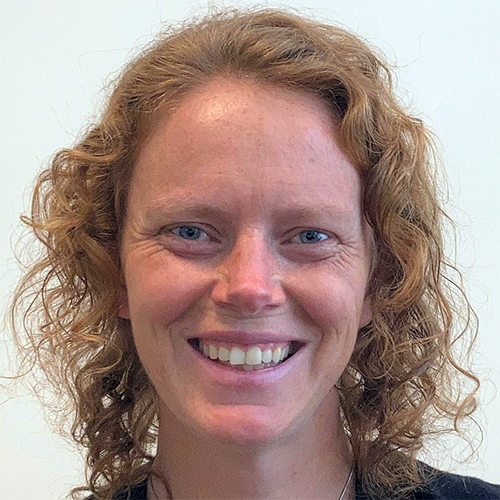How is the rise of ebooks and access to these digital formats affecting public libraries and their patrons? Imke Reimers of Northeastern University joined Erik Brynjolfsson on Monday, April 4, 2022, for “The Digital Challenge to Public Libraries.”
Free access to information is important for knowledge diffusion and development, and libraries have traditionally provided this through communal access to books. This practice is facilitated by the first sale doctrine’s guarantee that libraries may purchase physical books at consumer prices. Increasingly restrictive ebook access terms may imperil libraries, and we explore the consequences of different library ebook access regimes for libraries and their patrons. First, using data on over 8,000 library systems for 2013-2019, we measure the impacts of physical and electronic holdings on the respective types of circulation. We then build a structural model of the library market, and we rationalize the status quo book holdings with a librarian utility function that attaches higher weights on electronic circulation. We then explore the counterfactual consequences of different ebook access regimes. While higher ebook prices would induce libraries to substitute physical for electronic holdings, this would have little effect on patron CS because of consumer willingness to substitute. Moreover, library substitution from electronic to physical books would stimulate library visits along with their possible concomitant effects on social capital.

Imke Reimers is an associate professor of Economics at Northeastern University in Boston. She is broadly interested in the industrial organization of digital markets, information, and intellectual property. Her research, which has been published at outlets such as the American Economic Review, the American Economic Journal – Microeconomics, and Management Science, mainly revolves around two questions: 1) how does intellectual property policy affect access to information; and 2) how does information technology affect consumer and firm decisions as well as the functioning and efficiency of markets? She received a Ph.D. in economics from the University of Minnesota in 2013, and she spent a year at the NBER in the digitization and copyright initiative before joining Northeastern. In 2019, she also became a national champion tennis player in her age group.